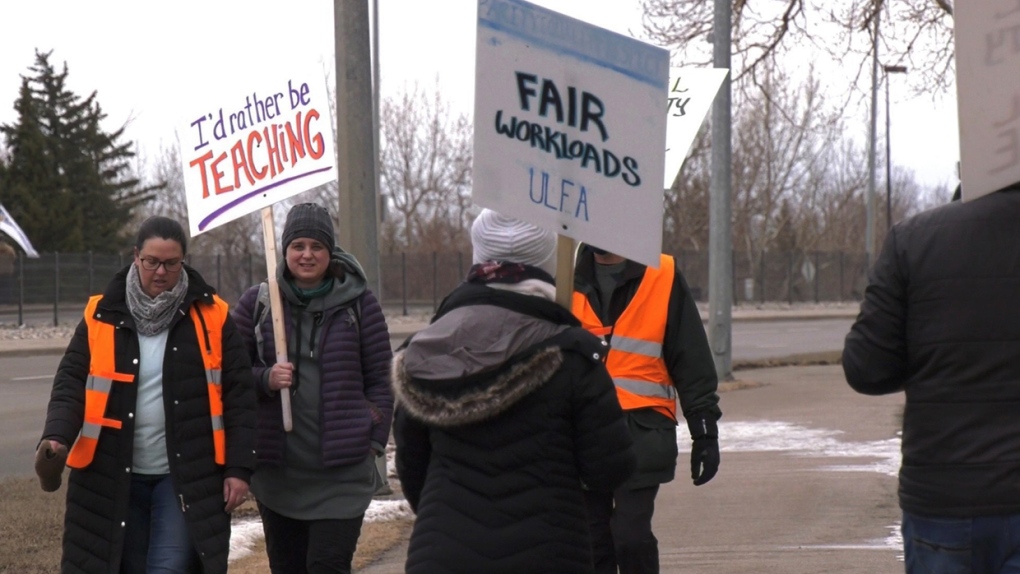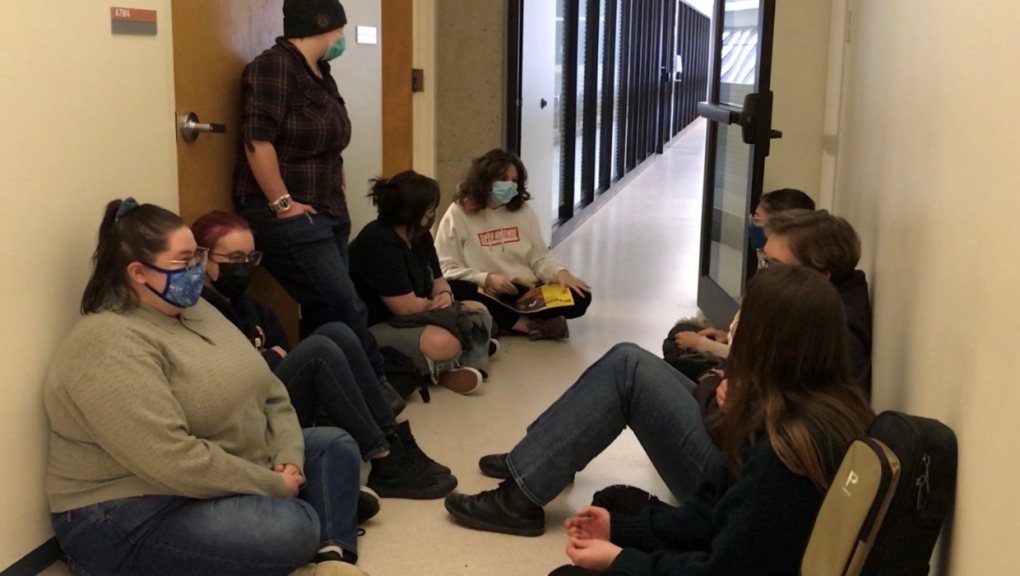Will they take him up on it?

- Canada
- March 2, 2022
Canada’s Conservative party is changing. The question is whether it goes down a right-wing populist path — as Republicans south of the border have with Donald Trump — or whether it takes a centrist approach to appeal to a wider audience. In many ways, that question reveals the cracks in the nearly 20-year-old marriage of convenience between the Progressive Conservatives and the Canadian Alliance, one that risks ending up in a nasty divorce.
The only declared candidate, Carleton MP Pierre Poilievre, is a polarizing figure with a “take no prisoners” attitude. He recently called Europe’s response to Russia’s invasion of Ukraine shockingly “weak,” embraced the so-called “Freedom Convoy,” and called COVID-19 public health measures a purposeful attempt by governments “to try and take away our freedom and give themselves more power.”
In the past, Poilievre has attacked the media, made derogatory comments about Indigenous peoples, left the door open to a niqab ban in the public service, and broken the election law. Elected at age 25, the career MP is a forceful opposition critic who has railed against elites, placed the blame for rising inflation and house prices at the feet of the Liberals, and promised more energy projects. His campaign launch through a social media video on Feb. 5 garnered more than seven million views on Twitter, Facebook and YouTube. At least 26 Conservative caucus members have endorsed him.
Those who haven’t hope for a more mature candidate with a unifying message.
That’s what former Quebec premier Jean Charest, Brampton Mayor Patrick Brown and political commentator Tasha Kheiriddin want to offer. All three are current outsiders, and all hail from the Progressive Conservative side of the party.
Charest started his political career in 1984 under prime minister Brian Mulroney. He will meet with Conservative MPs — most of whom know little about him — on Wednesday in Ottawa. On Monday, Quebec’s anti-corruption unit (UPAC) ended its eight-year probe into allegations the Quebec Liberal party engaged in illegal financing when Charest was at the helm. It’s a welcome gift that clears the way for his candidacy.
Not that it will be a walk in the park. Jenni Byrne, Poilievre’s strategist, laid out the attacks against Charest on Twitter, describing him as a “Liberal who campaigned against [prime minister] Stephen Harper,” “supported the long-gun registry, raised taxes, brought in a carbon tax & worked for Huawei while the Chinese Govt detained kidnapped Canadians.” Her offensive led to an ugly public dispute on Sunday with Charest organizer and Tory MP Alain Rayes.
Brown, a vocal opponent of Quebec’s Bill 21, was a Conservative MP from 2006 until 2015, when he became leader of the Ontario PCs. Before resigning over allegations of sexual misconduct, which he strenuously denies, he sought to expand the Ontario party’s tent by supporting carbon pricing and reaching out to ethnic communities.
Kheiriddin has never held elected office, but she is well known, bilingual, and has no baggage.
Their decisions about whether to enter the leadership contest depend on the rules of the game — which could be announced as early as Wednesday. Poilievre’s camp wants a June vote and a membership cut-off of mid-May, sources said, giving any opponents little time to organize. His challengers would benefit from a longer race, with more time to sell memberships to newcomers and more time to be heard by existing members.
Charest and Brown will likely need to change the current makeup of the party — around 200,000 members — if they are to succeed. The Tories pick leaders through a weighted ranked ballot, in which every riding with more than 100 members is worth 100 points. Unless Poilievre were to win a majority on the first round, a race that includes Charest, Brown and Kheiriddin could see any of them benefit from each other’s supporters.
Poilievre is already courting down-ballot support from social conservative favourite Leslyn Lewis, the Conservative MP for Haldimand—Norfolk. Independent York Centre MPP Roman Baber, a staunch opponent of COVID-19 restrictions, is also contemplating a run.
Back in 2017, Andrew Scheer was elected leader as the compromise candidate, supported by social conservatives, Quebec dairy farmers and members who didn’t trust Maxime Bernier. In 2020, Erin O’Toole was also the compromise candidate, acceptable to social conservatives, and less centrist than Peter MacKay. In 2022, Poilievre is modelling himself as that candidate. But it’s unclear that the parts of the party he’s already alienated — namely the Quebec branch and those uncomfortable with his courtship of People’s Party supporters — will be willing to unite behind him once this race is over.






